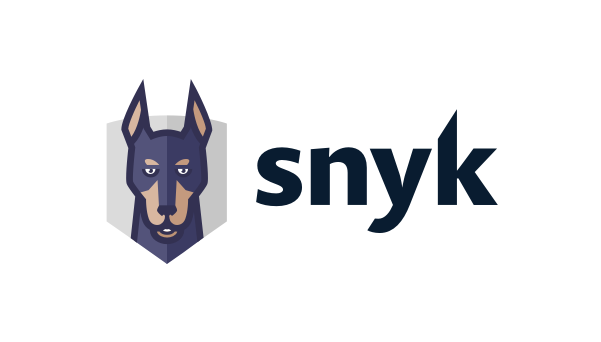Cybersecurity Startup Snyk Lays Off 198 Workers
‘Our business continues to grow aggressively, more than doubling in size each year with currently over 2,300 customers, but we now must operate even more efficiently in order for Snyk to effectively withstand the continued headwinds facing the global economy,’ writes CEO Peter McKay in a blog post.

Cybersecurity startup Snyk Monday unveiled a second round of layoffs this year, making it the latest in a string of security vendors to shed employees.
Snyk CEO Peter McKay, in a blog post published Monday, told its staff that the company is restructuring and reducing its global workforce by 198 employees, or about 14 percent of its total workforce.
McKay in the blog told his fellow “Snykers,” as Snyk employees are known, that the layoffs are the result of “significant market shifts” happening despite the company’s continued growth.
[Related: With Latest Layoffs, Is The Cybersecurity Startup Bubble Bursting?]
It is the second round of layoffs for Boston-based Snyk, which in July cut 30 positions in order to “navigate looming economic headwinds.”
McKay, acknowledging that the layoffs represent one of the most difficult days in Snyk’s history, wrote that the company is still on a path towards growth.
“In June, I shared that we needed to adapt to an evolved mindset balancing continued top line growth with profitability and committed to becoming free cash flow positive in 2024. Our business continues to grow aggressively, more than doubling in size each year with currently over 2,300 customers, but we now must operate even more efficiently in order for Snyk to effectively withstand the continued headwinds facing the global economy,” he wrote.
In addition to the layoffs, McKay also unveiled several changes to the company’s organization.
Going forward, Snyk Chief Revenue Officer Dino DiMarino will optimize the company’s go-to-market organization to focus more on the enterprise space while continuing to drive SMB business.
Snyk has also realigned its R&D teams around developers as well as enterprise and security personas under the direction of Manoj Nair, who joined the company in August as its new chief product officer, and Patrick Poels, senior vice president of engineering.
Leaving Snyk with the reorganization are Aner Mazur, senior vice president of market strategy, and Karyn Smith, the company’s chief legal officer.
Snyk had raised $849.5 million in total funding from investors that included Sands Capital and Tiger Global Management and had a valuation of $8.6 billion as of January 2022, according to PitchBook.
It has been a tough year for employees in the cybersecurity space despite the otherwise tight job market that characterizes the IT business.
Citing the need for a “strategic reorganization” that includes a renewed emphasis on its channel business, Santa Clara, Calif.-based Malwarebytes in August said the antivirus company laid off about 125 workers, or about 14 percent of its global workforce.
Arete IR, a Florida-based cyber incident response firm that’s known for its handling of ransomware cases on behalf of clients, in July confirmed it laid off an unspecified number of employees, blaming “current economic conditions” for the action.
McLean, Va.-based cybersecurity technology developer IronNet in June said in a regulatory filing that the company is in the process of laying off about 55 of its employees, or about 17 percent of its total headcount
Atlanta-based OneTrust in mid-June said it has laid off about 950 people, or about 25 percent of its employees.
Boston-based Cybereason in early June said it has laid off 10 percent of its workforce only four months after it confidentially filed for an IPO and less than a year after it raised an additional $325 million in funding. Cybereason has raised about $700 million in funding since its founding in 2012.
Softbank was a major investor in both OneTrust and Cybereason.
San Jose, Calif.-based cybersecurity technology developer Lacework in late May said it will lay off about 20 percent of its workforce. The layoffs came six months after the company unveiled a $1.3-billion D-round of funding, giving it a valuation of $8.3 billion. Lacework in February said it has over 1,000 employees.
June also saw New York-based security startup Deep Instinct lay off a reported 10 percent of its workforce, while security startup Automox laid off a reported 75 people, or about 18 percent of its headcount.
Mark Hatfield, a founder and general partner of Ten Eleven Ventures, in May told CRN that cybersecurity remains a solid long-term bet for investors, but acknowledged that cybersecurity startup valuations reached their peak about five or six months ago and have been falling ever since.